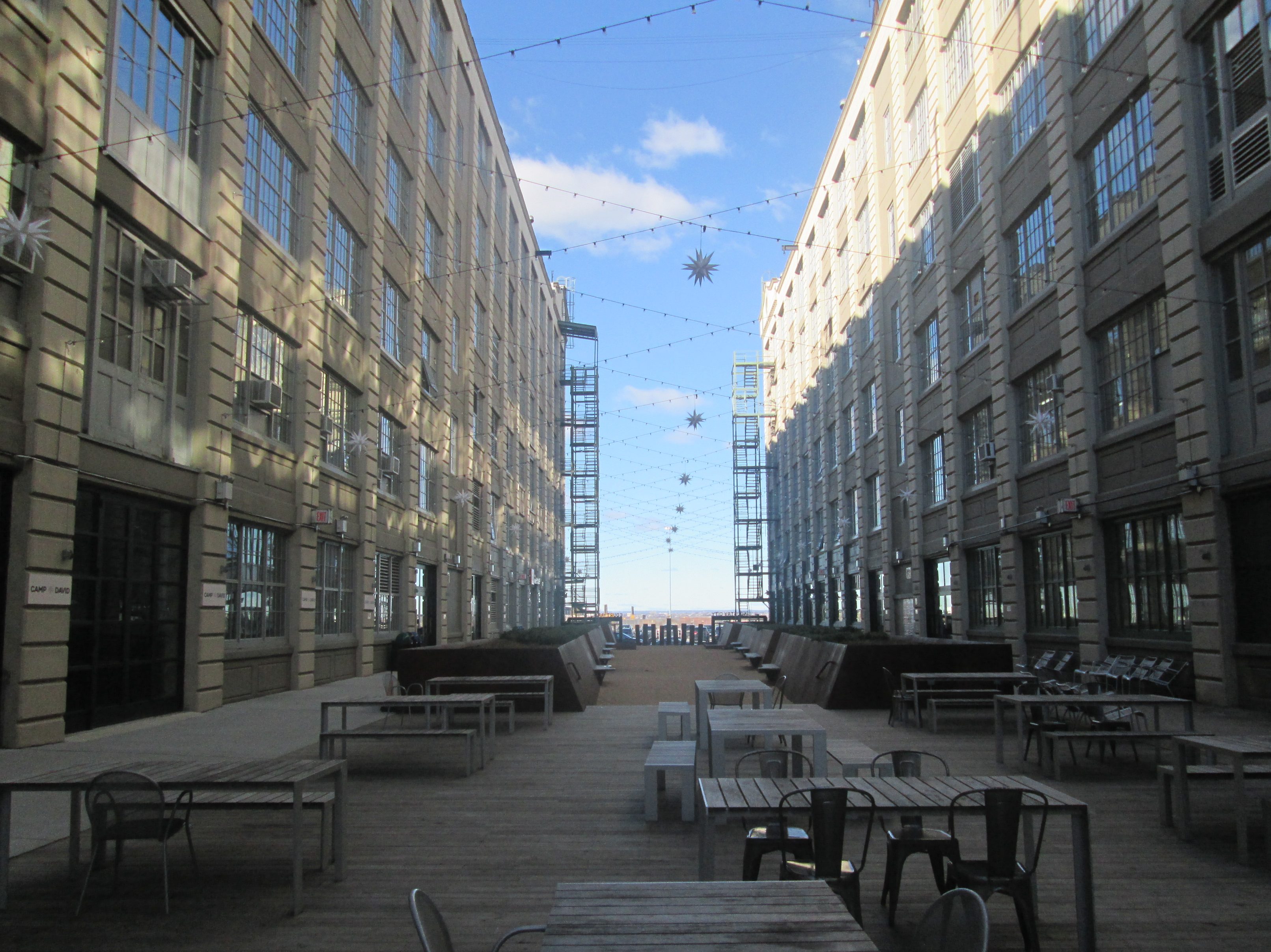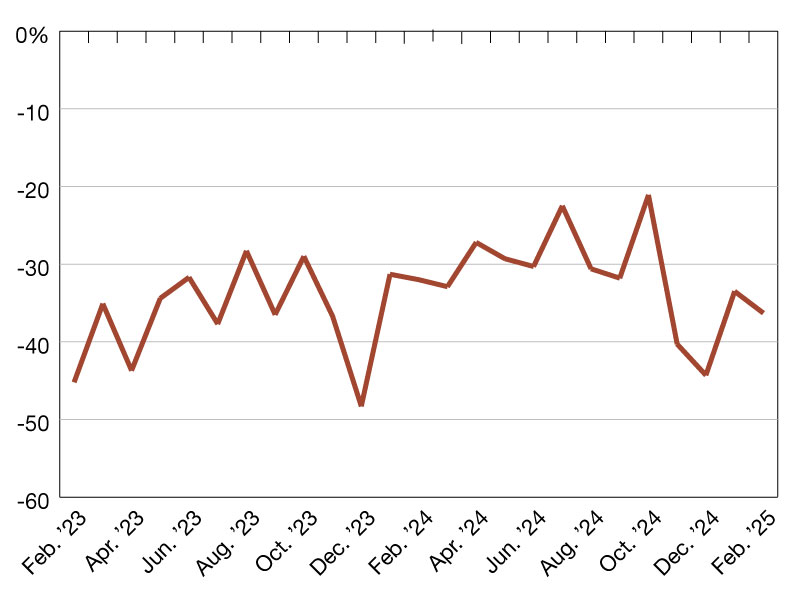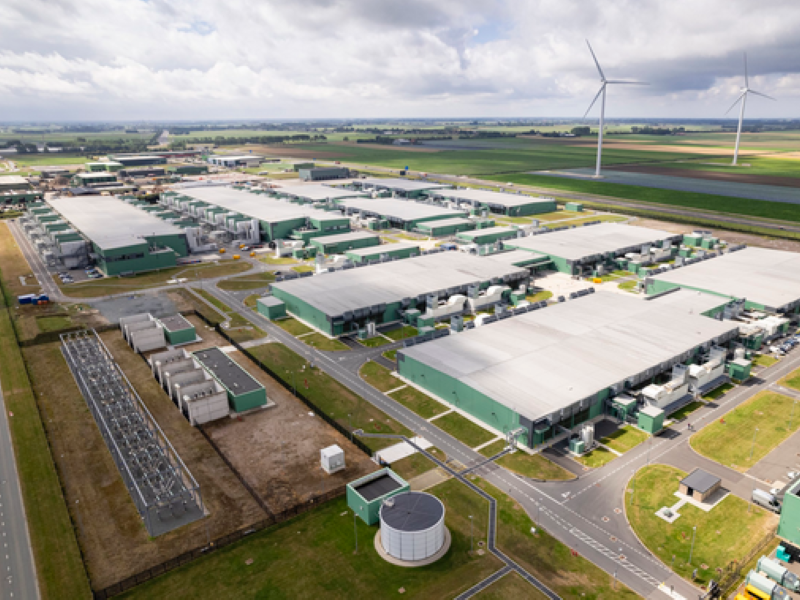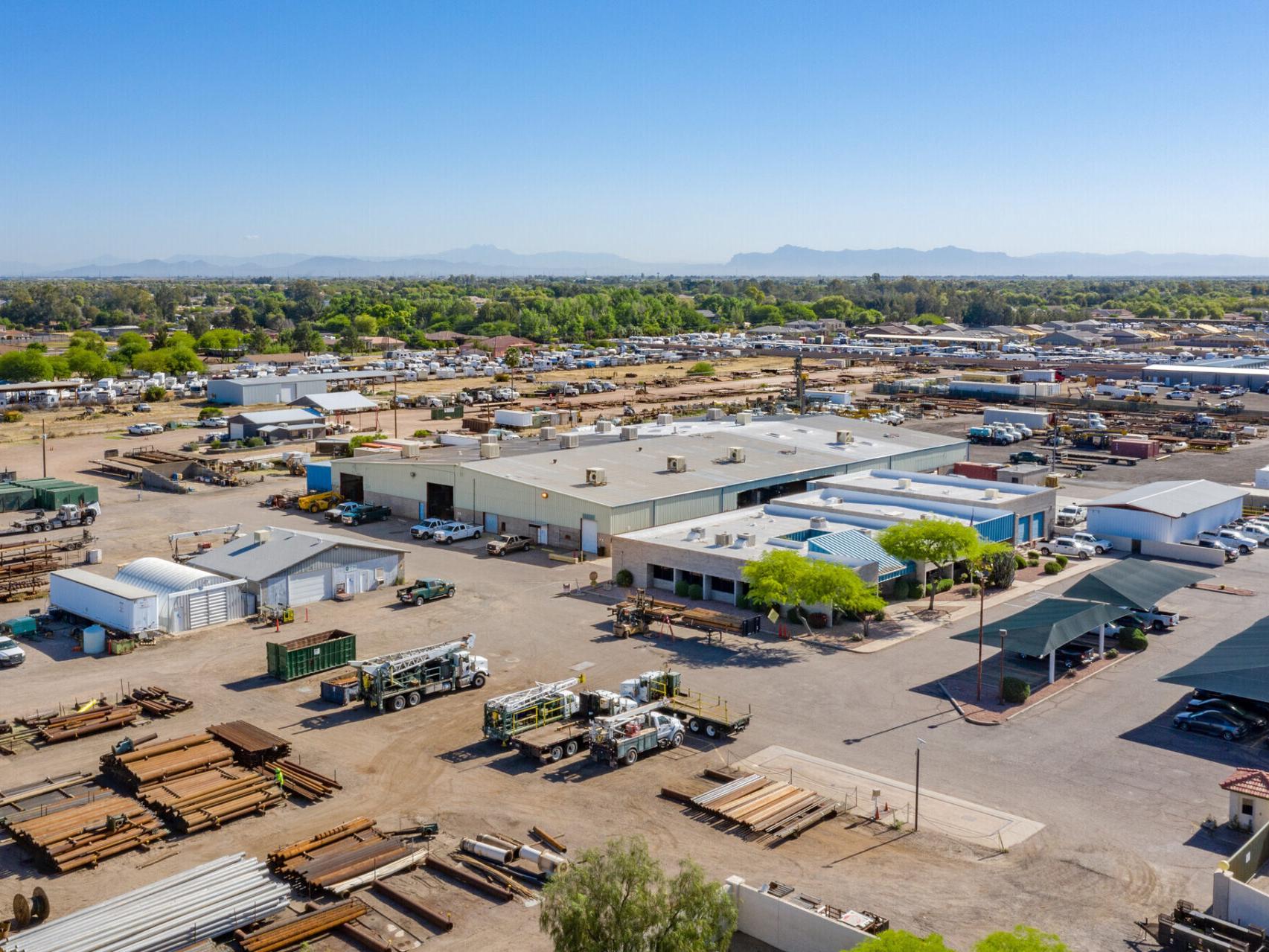Major NYC Project in Limbo After Rezoning Is Scuttled
Political pressure prompted Industry City’s developers to withdraw the 1 million-square-foot plan, but some local leaders remain hopeful that the Brooklyn waterfront project will eventually move forward.

Photo by Epicgenius via Wikimedia Commons
The future of one of New York City’s most significant projects is in doubt after the developer responded to political pushback this week by withdrawing its plan to rezone a large swath of Brooklyn waterfront space.
Industry City’s developers pulled the application that would have rezoned more than 1 million square feet of the 35-acre site due to the “current political environment,” Industry City CEO Andrew Kimball said in a statement Sept. 22. Kimball’s announcement came hours after the release of an open letter from 10 state officials, including two members of Congress, objecting to the plan. The developers’ move came less than two months before the New York City Council was scheduled to vote on the plan.
READ ALSO: Padres, Tishman Speyer Tapped for $1.4B San Diego Project
“Over and over, we have heard from key decision-makers that while the substance of the project is strong, the politics of the moment do not allow them to support any private development project,” Kimball said in the widely reported statement announcing his decision not to go forward with the plan.
“Even the historic nature of our commitments —which significantly elevated the bar for future development projects—and a seven-year record of creating jobs and opportunity weren’t enough to overcome purely political considerations.”
The plan sought to rezone a large swath of the existing 6 million-square-foot site to allow for the addition of new hotels, office space and retail. According to Industry City developers, the plan would create 20,000 jobs.
Industry City’s plan had been approved by the City Planning Commission and was currently in the city’s land use procedure process, known as ULURP. That process was set to end in mid-November with a City Council vote.
Located along the East River waterfront in Brooklyn’s Sunset Park neighborhood, the 16-building Industry City contains industrial, retail and commercial space. After being acquired by a joint venture of Jamestown Properties, Belvedere Capital and Angelo Gordon in 2013, the complex has grown to include food halls, restaurants, office space and light industrial use, and has hosted several art fairs, cultural events and entertainment.
Historic battles
The decision by Industry City leaders comes a year and a half after Amazon famously backed out of its plans to build a 4 million-square-foot HQ2 campus in Long Island City, Queens, following pushback from locals and community leaders.
New York City has been no stranger to long, drawn-out battles between communities and development projects. In the Upper Manhattan neighborhood of Inwood, a rezoning plan by Mayor de Blasio’s administration has been the subject of battles between the city and locals. The plan was first approved by the city council in 2018 but was annulled by an appeals court after being sued by a group of local business owners and residents. This July, a state appeals court overturned the previous ruling, allowing the plan to go forward.
City Councilmember Carlos Menchaca, who represents the neighborhood Industry City, has long opposed the rezoning plan on the grounds that it would lead to the displacement of local residents and further gentrification in the area. While Menchaca celebrated Industry City’s decision to withdraw, real estate trade groups were quick to voice their disappointment.
REBNY President James Whelan sharply criticized the city’s leadership in a statement released shortly after Industry City’s announced its decision.
“New York City has been failed by its political leadership across all levels of government. With unemployment approaching Great Depression levels and private investment and tax revenue dramatically plummeting, now was the time for negotiations to yield a ‘yes’ on the Industry City rezoning,” Whelan said.
“One is left to consider how bad conditions in New York City must get before our political leaders realize that our recovery must be premised on job creation and private investment that will yield the tax revenue to pay for government services.”
Implications for future projects
Industry City in its current state first began to take shape back in 2000, when the city of New York planned to convert part of the site formerly known as Bush Terminal into a tech campus as part of its Digital NYC program. The industrial site had formerly served as a rail yard and serviced container ships. During WW1, the site was used as a Navy base. By the 1970s and 80s, it had fallen into disrepair.
The project is comparable to another mixed-use waterfront redevelopment project, the 300-acre Brooklyn Navy Yard. The complex has attracted major developments such as Rudin Development and Boston Properties’ Dock 72, a 675,000-square-foot office building currently anchored by WeWork. The site also houses Steiner Studios, more than 400 businesses and a recently opened Wegman’s grocery store.
Carlo Scissura, president & CEO of The New York Building Congress, a construction industry trade group, said the decision did not come as a shock.
“I was clearly very disappointed, but I was not surprised,” Scissura told Commercial Property Executive. “I think the writing was on the wall for the developers that this was going to be very, very difficult to pull through. So, I think the question becomes what do we do and what happens next.”
It was unclear whether Kimball and the developers of Industry City would propose another rezoning application for the site in the future.
Scissura said he hoped that all parties involved in the contentious debate could eventually unite to create a “great project” in the future.







You must be logged in to post a comment.